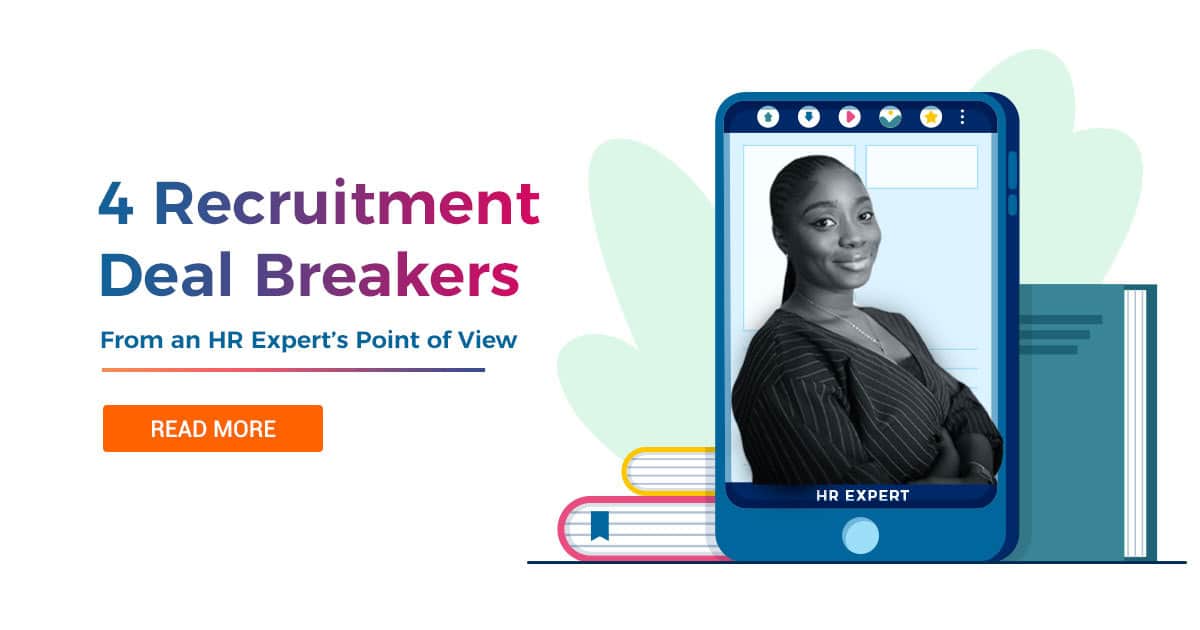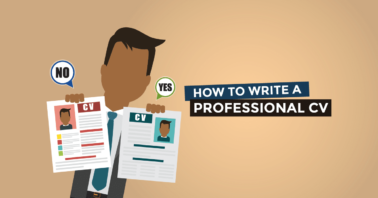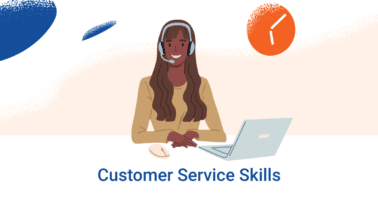Table of Contents
The radio silence after a first date can be exhausting. No calls, no texts, nothing. Things can be more confusing particularly for first dates that went well by all standards- you hit it off right from “hello, it’s nice to meet you’, the laughter was effortless, and the conversation flowed smoothly.
Sounds familiar right? I know. But this scenario can be found playing out after a job interview too. Let me take your mind back to those interviews where you felt like you totally hit it off with the recruiter, and had all the right answers to the questions. Instead of a radio silence though, what followed was a nicely written rejection letter.
So, what went wrong?
‘….We have decided to pursue the application of other candidates at this time’ is a common phrase you’ll see in rejection letters, but what does it really mean? What really goes on behind the scenes before these mails are sent to job applicants?
I had a chat with Bunmi Oluwoye, an HR Analyst at Jobberman Nigeria who has been at the helm of recruitment affairs for years. She gave me a glimpse into the real reason a candidate may leave an interview with a positive vibe, yet get a rejection letter. Here are 4 deal breakers that could sabotage a potential employer-job applicant relationship-
You’re not compatible – In the world of dating, compatibility is a big deal, same thing goes in the world of recruitment. Employers may conclude that you are not a good fit for a role even after a worthwhile interview; this may have nothing to do with your qualifications and skills. So while you may be qualified on ‘paper’, your persona may be in conflict with the prevalent culture of the organisation, simply put- you might not just be a good culture fit.
This can be easily deduced from the answers that you give in the job interview, which would give employers a pretty good idea of who you are, what you want, how long you are going to stay in the job, and how happy you are going to be in it. You just don’t pass the vibe check.




 While relationship experts won’t advise that you go overboard in a bid to impress on a first date, yet, it’s important to bring your A-game on. This same applies when you go for an interview, do your best to make employers swoon over you- right at that interview. Employers hire people, not paper. Although your CV can list qualifications and skills, it’s the interview dialogue that will portray you as a committed, responsive team player. So your CV may get you inside the interview room, but
While relationship experts won’t advise that you go overboard in a bid to impress on a first date, yet, it’s important to bring your A-game on. This same applies when you go for an interview, do your best to make employers swoon over you- right at that interview. Employers hire people, not paper. Although your CV can list qualifications and skills, it’s the interview dialogue that will portray you as a committed, responsive team player. So your CV may get you inside the interview room, but 


